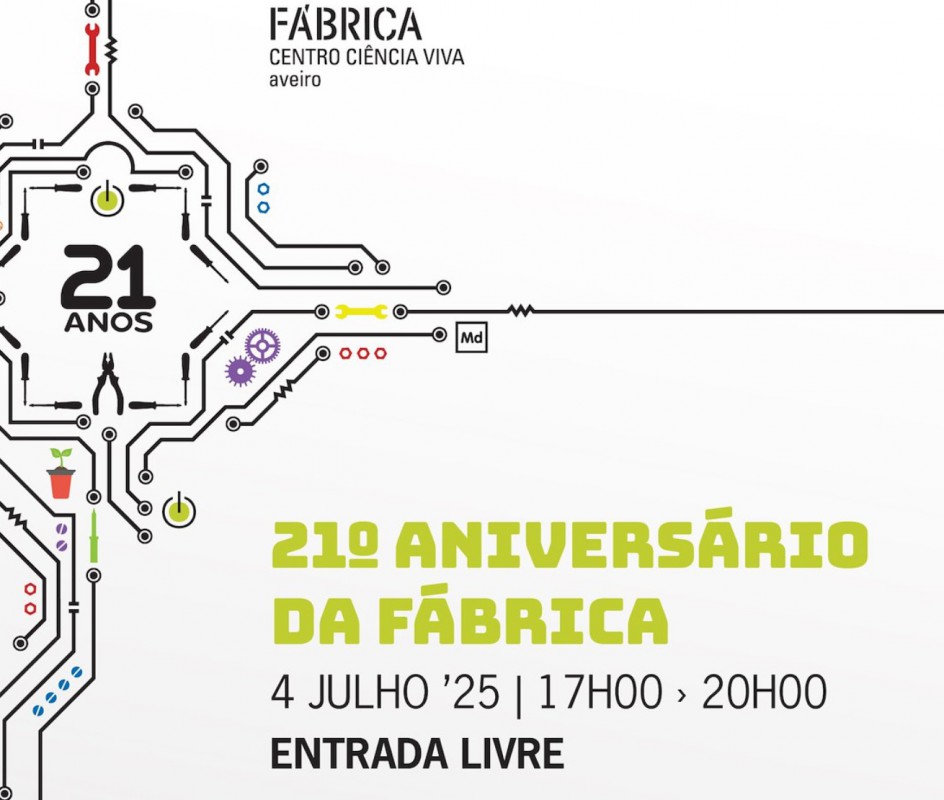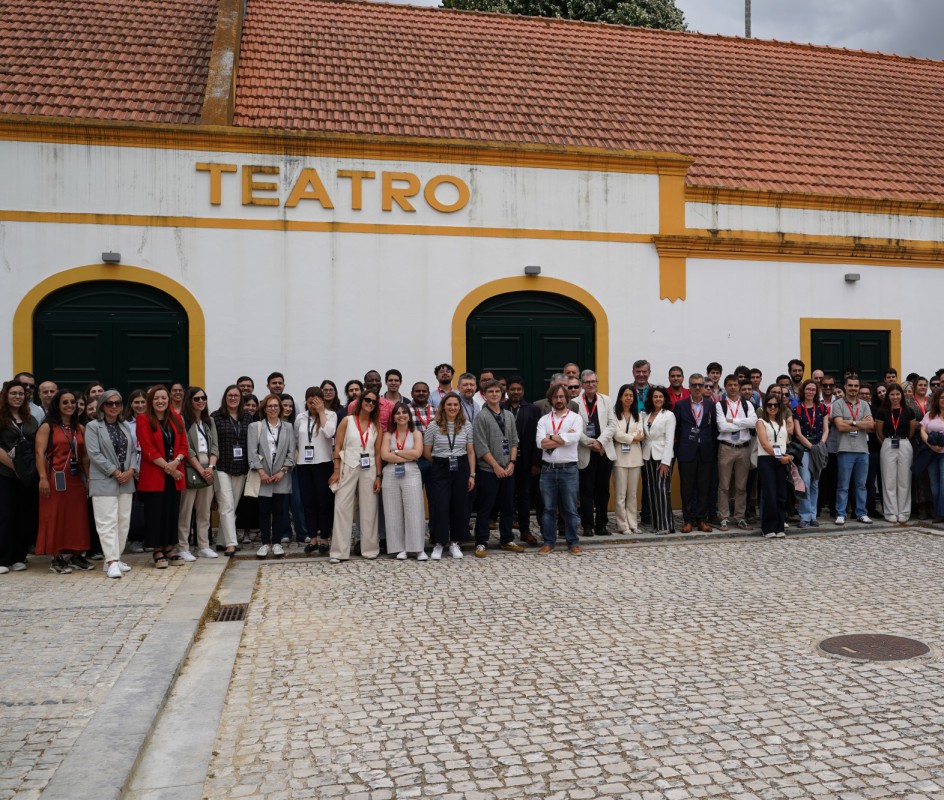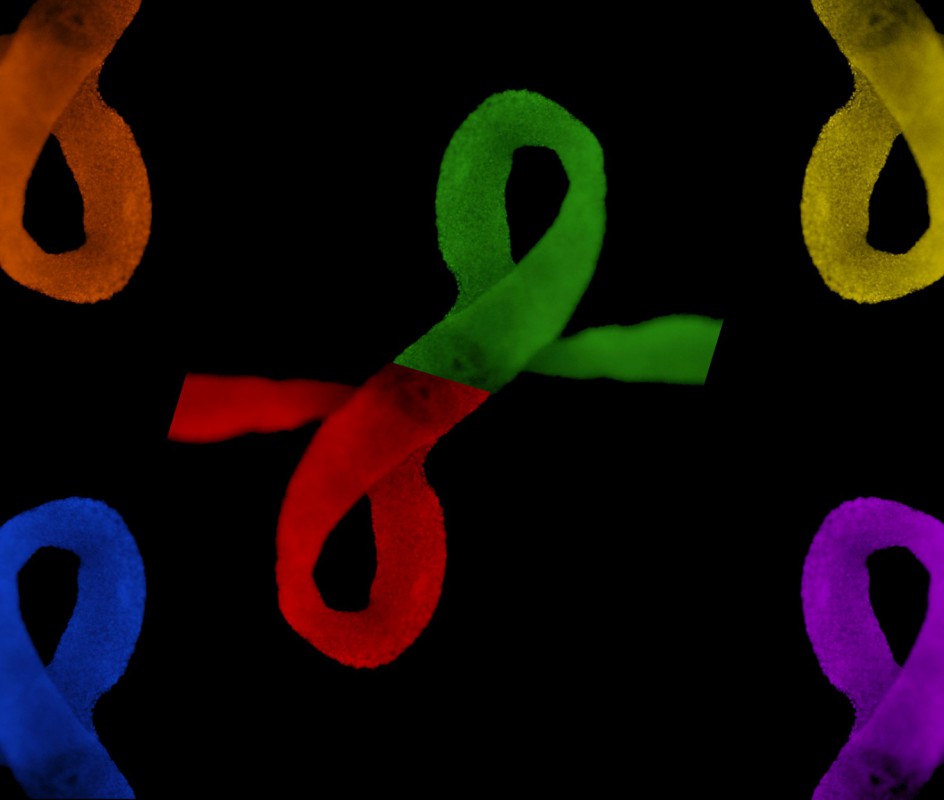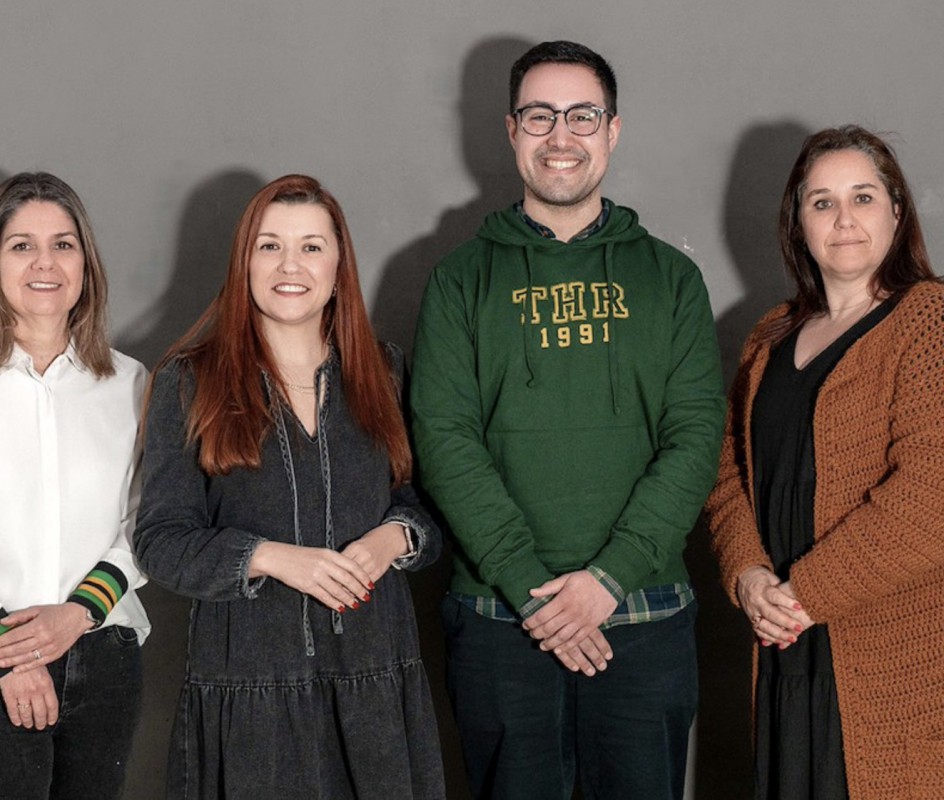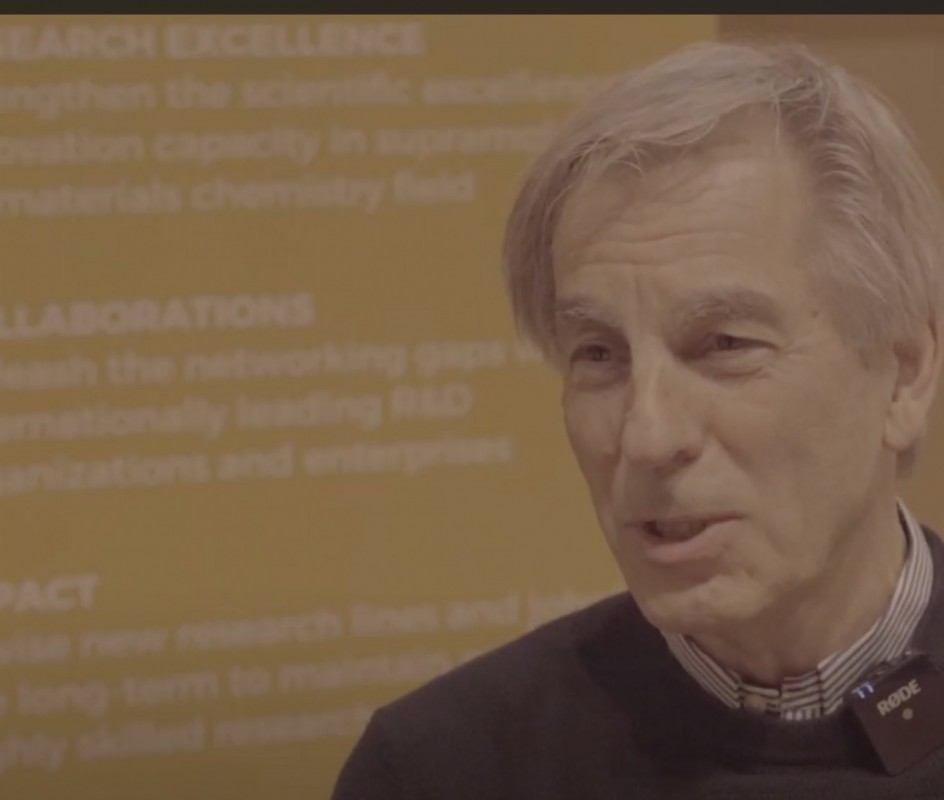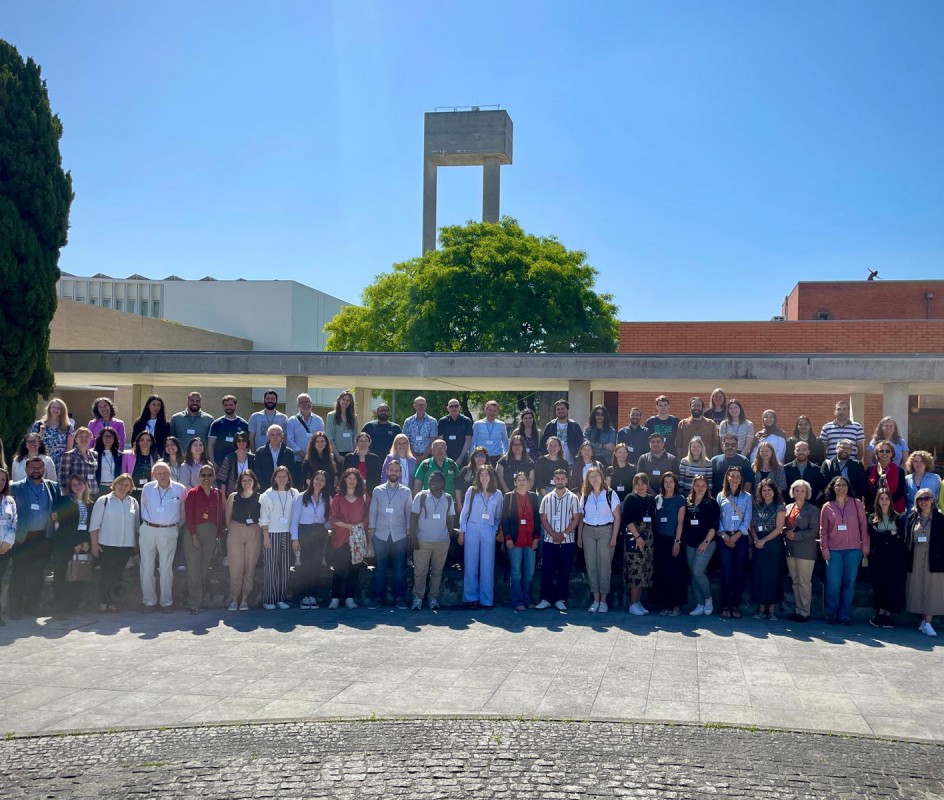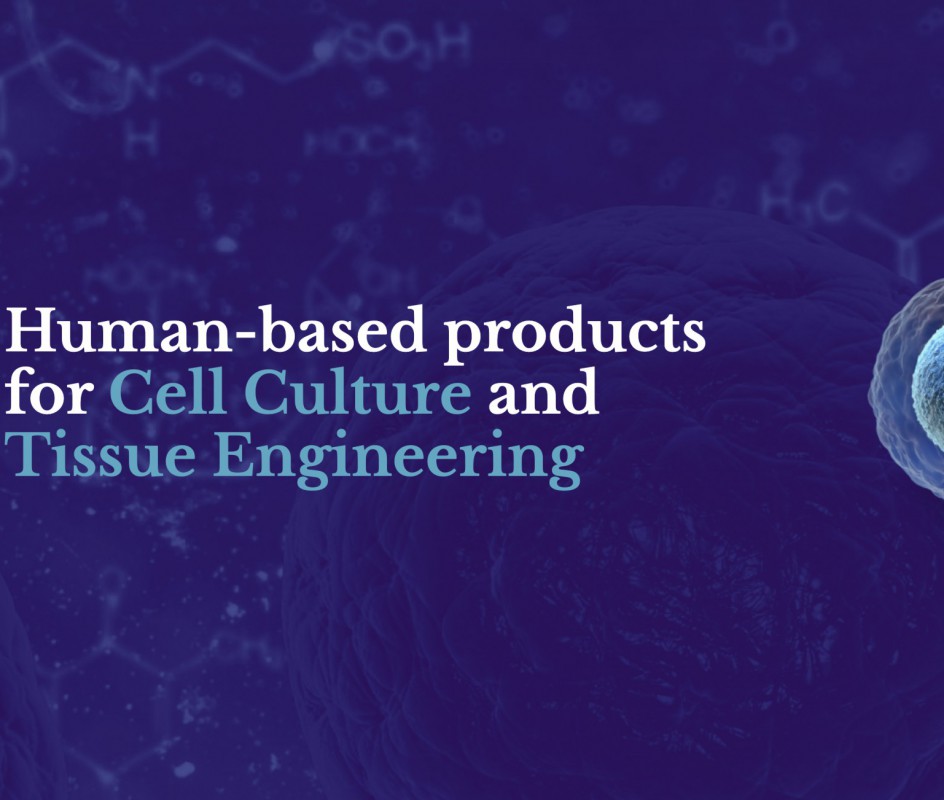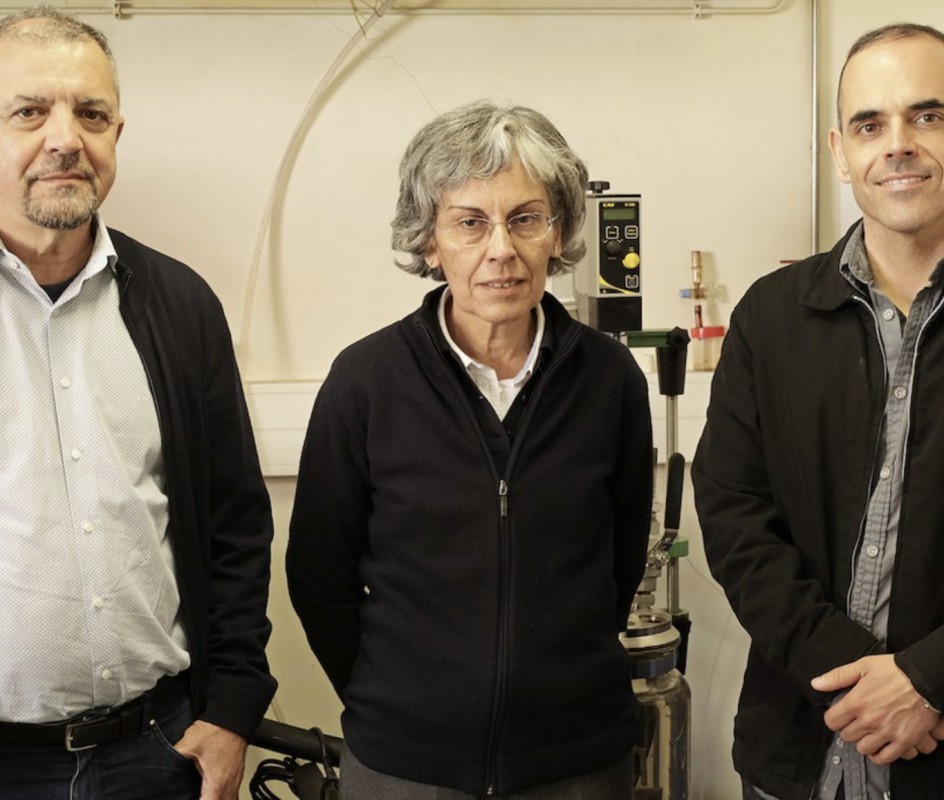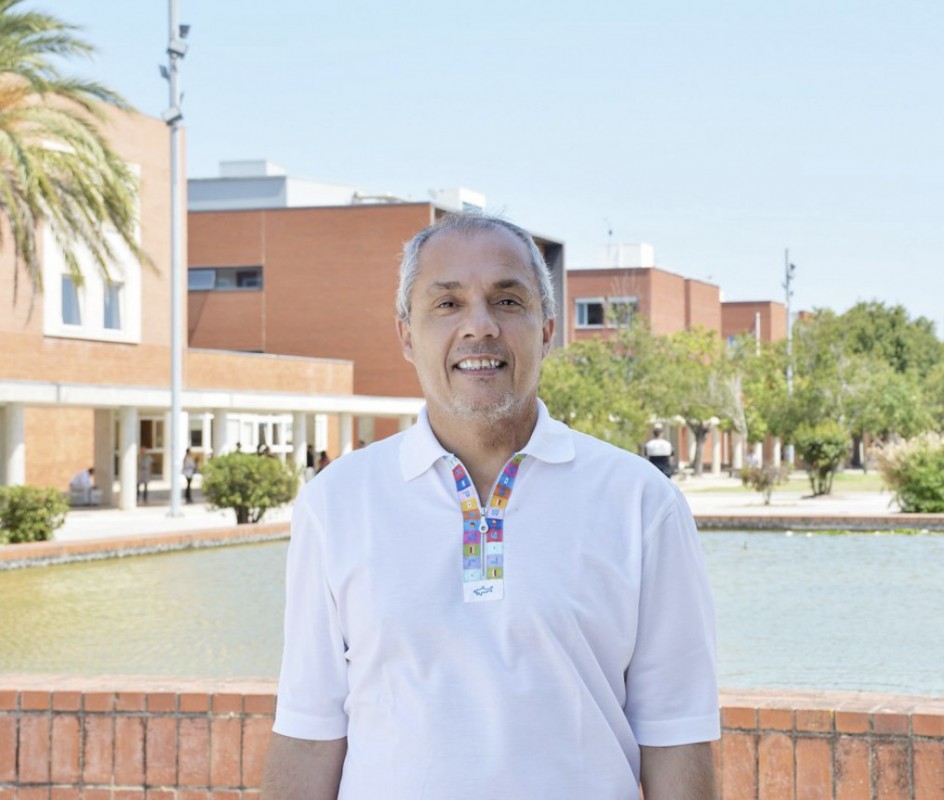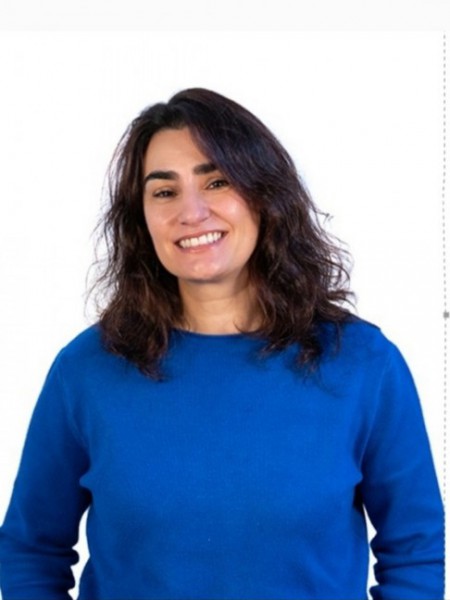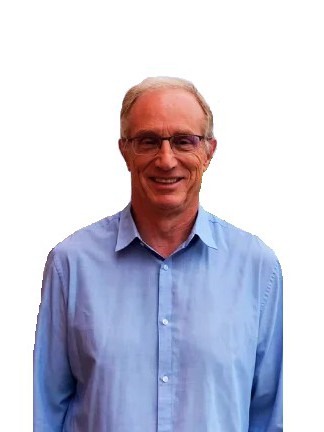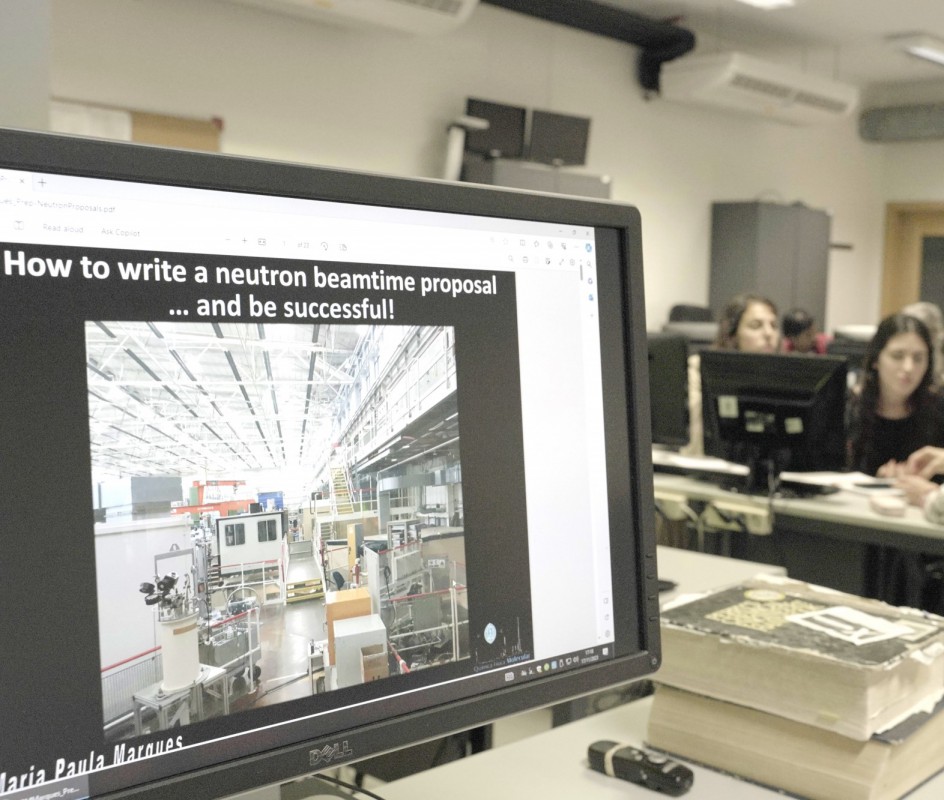
Dra. Mariela Nolasco, the Computational Spectroscopy Group, and the Aveiro Institute of Materials (CICECO) organized a workshop titled "How to Write a Neutron Beamtime Proposal… and be Successful," last Friday, 17th November. The number of participants was especially relevant, with eighteen participants, from different areas and positions as master’s students, researchers and professors. The public aims to apply for neutron beamtime in large international facilities, large-scale facilities, and research infrastructures, and most importantly, to share experiences and provide guidance on how to write successful applications for programs.
The training team included Dr. Maria Paula Marques from the University of Coimbra, a member of the ISIS evaluation panel, who explained the entire evaluation process and shared tips and things to remember when submitting a proposal. Dr. Pedro M. D. Vaz from the Champalimaud Foundation, the coordinating person responsible for instrument use, emphasized the importance of dialogue with the instrument scientist and understanding how the proposal should be crafted to be credible. It was highlighted that proposals should not suggest experiments that are not feasible, lack the necessary materials, or do not achieve the desired results. Dr. Mariela Nolasco, a former winner of the "ISIS Impact Award 2021," constituted the third element of the presentations to share her experience and know-how.
After the morning training, participants were divided into teams of two, dedicated to crafting a virtual proposal on a topic of interest, which would be evaluated later. Proposals were presented in the field of geosciences, focusing on understanding water mobility in clays; monitoring the development of bone stem cells to understand the cell differentiation mechanism; a participant interested in studying the magnetic properties of materials with metals; and another group studying the catalysis of industrial reactions with hydrocarbons, among several examples. Due to the number of participants, additional tutors were enlisted to provide closer guidance to participants, who worked intensively until midday.
In the afternoon, the third international meeting of NeMPO (Neutrons and Muons in Portugal - https://fisica-materia-condensada.spf.pt/NeMPo) took place, emphasizing the applications of neutron and muon techniques in various areas such as Physics, Nuclear Technology, Radiation Protection, Materials, Environment, Biology, Medicine, and Archaeometry. The online congress featured three scientists sharing their work and two directors from large facilities in England and France presenting the latest updates and expressing interest in Portuguese collaboration. The guests expressed great satisfaction in participating, recognizing initiatives like this workshop for acknowledging the organization's efforts in disseminating the technique and enabling the use of infrastructures.
It is noteworthy that the demand from researchers worldwide is extremely high, and ensuring that Portuguese researchers have the right to use these facilities is a central concern of the "How to Write a Neutron Beamtime Proposal... and be Successful" workshop organization. The activity continued until the end of the afternoon with the brainstorming of various proposals initiated in the morning sessions.
Related Articles
We use cookies for marketing activities and to offer you a better experience. By clicking “Accept Cookies” you agree with our cookie policy. Read about how we use cookies by clicking "Privacy and Cookie Policy".


